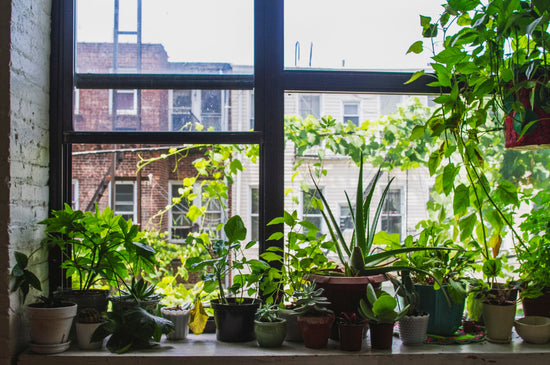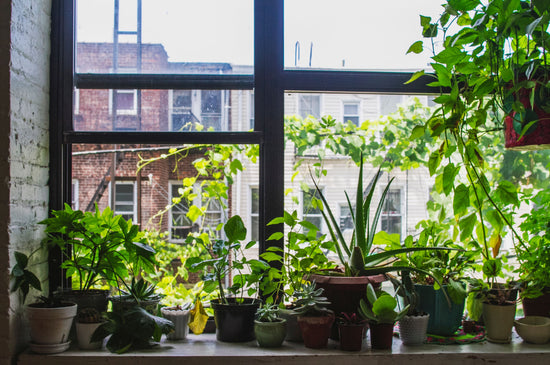Are Clematis Poisonous to Cats?
Clematis vines, known for their stunning clematis flowers, are a favorite in many gardens. However, cat owners often worry about the safety of these plants around their furry friends. The clematis plant contains a compound called protoanemonin, which can be toxic to cats if ingested. While clematis vines are beautiful additions to any garden, it’s important to understand their potential risks to curious pets.
Understanding Clematis Toxicity in Cats
Protoanemonin is found in all parts of the clematis vine plant, including its leaves, stems, and flowers. When chewed or ingested, this compound can irritate a cat’s mouth and digestive system. While clematis toxicity is generally mild, it can still cause discomfort and require attention.
Symptoms of Clematis Poisoning in Cats
If a cat comes into contact with or consumes parts of a clematis flower plant, you may notice the following symptoms:
- Drooling or Pawing at the Mouth: Protoanemonin can cause irritation to the mouth and tongue.
- Vomiting or Diarrhea: These are common symptoms when a cat ingests parts of the clematis vine.
- Lethargy or Lack of Appetite: Your cat may appear more tired or eat less after exposure.
Most cases of clematis poisoning in cats are mild, but severe symptoms can occur if a large amount is ingested. Contact your veterinarian immediately if you suspect your cat has consumed clematis.
How to Protect Cats from Clematis Plants
- Choose Plant Placement Carefully: Avoid planting clematis vines in areas where your cat likes to roam or play.
- Provide Alternatives: Offering cat-safe plants, such as catnip or wheatgrass, can deter cats from nibbling on toxic clematis flowers.
- Train Your Cat: Use pet-safe deterrent sprays around the clematis vine plant to discourage your cat from approaching it.
For cat owners who want to enjoy the beauty of clematis vines without risking their pets' health, consider planting the vines in hanging baskets, on high trellises, or in areas inaccessible to your feline friends. Browse our Clematis Collection for beautiful varieties you can grow safely in your yard.
FAQ: Are Clematis Poisonous to Cats?
Q: What should I do if my cat eats clematis?
A: Rinse your cat’s mouth with water and contact your veterinarian immediately. Provide details about how much your cat ingested and observe for symptoms.
Q: Can clematis poisoning in cats be fatal?
A: Clematis poisoning is rarely fatal. However, large amounts may cause more severe symptoms that require veterinary treatment.
Q: Are all parts of the clematis plant toxic to cats?
A: Yes, all parts of the clematis vine plant contain protoanemonin and are potentially toxic.
Q: Are there non-toxic alternatives to clematis?
A: Yes! Consider non-toxic climbing plants like Boston ivy or cat-safe flowers like snapdragons.





